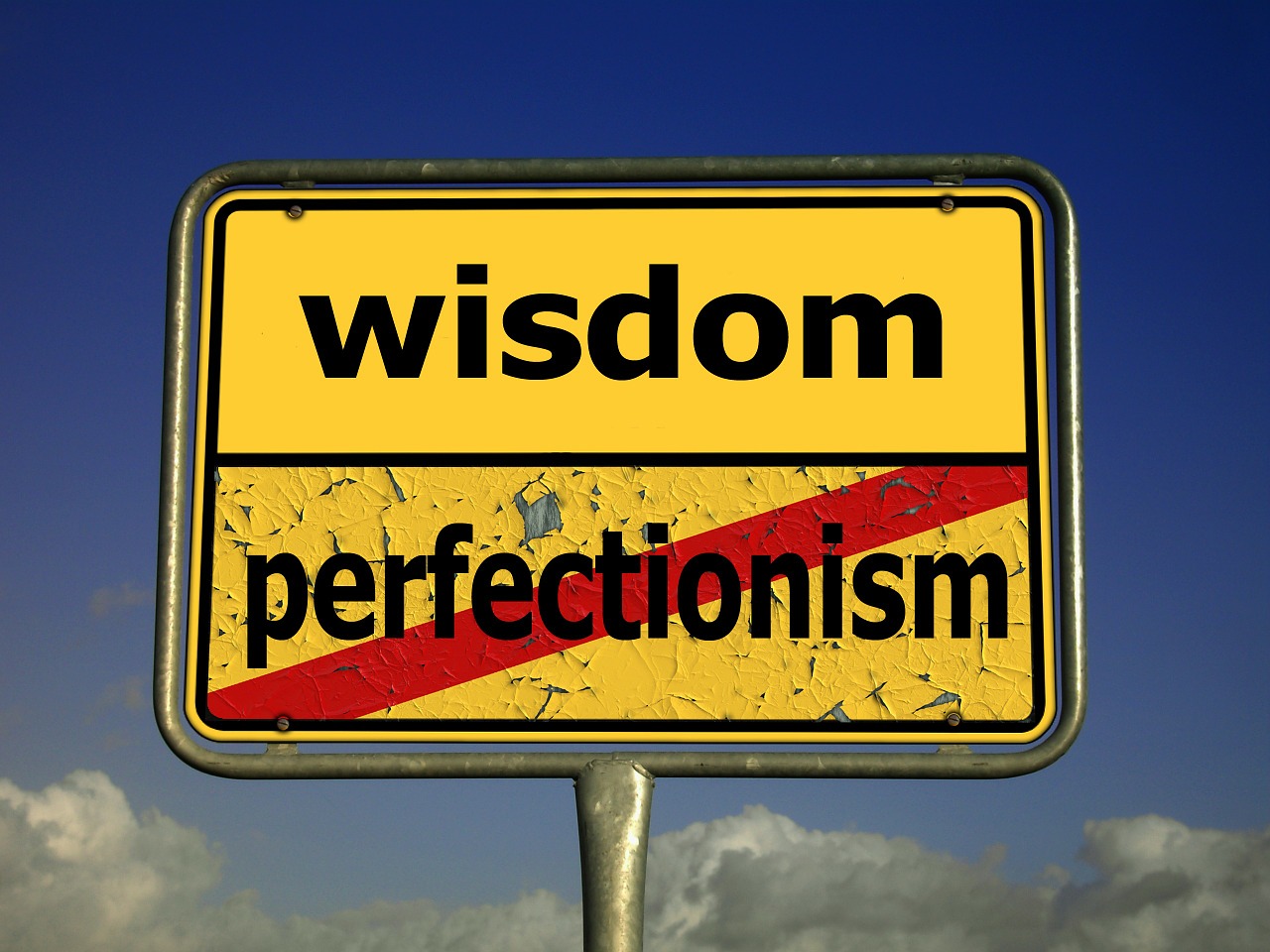
Frequently Asked Questions
“We need to do a better job putting ourselves higher on our own ‘to do’ list”
~ Michelle Obama
The Basics
Click on question to see the answer.
How do I get started?
First, keep doing what you’re already doing by checking out my website. Research on psychotherapy, and health care in general, tells us that the relationship between the patient and provider is one of the most important variables in successful treatment. So it’s really important for you to feel comfortable with your therapist and confident in their skills.
Second, if you need to use insurance, check out what plans I accept.
Third, contact me by phone or use the handy form on this site to send me an email. Make sure to let me know if you have any questions.
What are your fees?
The fee for the initial psychotherapy session is $235. After the first appointment, my standard fee for psychotherapy sessions is $205. I am able to see a limited number of patients at a lower, adjusted fee.
My fees for wellness classes vary, with 6-week courses priced between $200-$250.
Do you take insurance?
Yes, I accept BCBS, United, and Aetna PPO, as well as traditional Medicare plans for psychotherapy services. If you see me with your insurance, you should consult your health plan to find out information about your deductible, co-pays, and possible session limits. I do not set these. I am also able to help you file for out-of-network benefits with several insurance companies.
I am unable to accept insurance for my wellness classes.
Where is your office?
My address is 8340 Meadow Road, Suite 224, Dallas, TX 75231. Please see the Contact page for a map and more information.
What are your hours of service?
I work by appointment only and have a hybrid schedule of both in-person and video meetings. The following hours are approximate and may vary:
Monday 11:00am – 6:00pm (video only)
Tuesday 10:00am – 5:00pm
Wednesday 10:00am – 5:00pm
Thursday 11:00 am – 6:00pm (video only)
Every other Friday 10:00am – 2:00pm
My situation is complicated. Can we talk before scheduling an appointment?
Yes, let’s make that happen. In fact, I prefer to talk with every prospective psychotherapy patient over the phone for a few minutes. This helps us both decide if we are a good match to work together. You are welcome to contact me to set up a free 15-minute phone consultation.
Do you prescribe medication?
No. Psychotropic medications, like anti-depressants, are usually prescribed by a psychiatrist or other physician. I am happy to collaborate with other health care professionals who are treating my patients.
Medications can be very helpful in the treatment of emotional problems, but they may not be enough for lasting change and healing. New research is showing, however, that participating in psychotherapy can make your brain healthier and improve your body’s neurochemical balance. Very exciting stuff!
About Psychotherapy
Do I need therapy?
It’s hard to say whether someone needs therapy without talking with them first but I will share my bias that almost everyone could benefit from a little bit of therapy. You may wish to talk with others about this, but the decision to seek therapy is very personal. All of us endure struggles and difficult experiences in our lives. Research tells us that we tend to weather life’s storms best when we have support. Sometimes, we may inadvertently make our troubles worse by ignoring them or telling ourselves that only weak people ask for help. Actually, a person can demonstrate great strength and self-awareness by knowing when to ask for support. Think about it: in choosing to see a therapist, you are taking responsibility for your life and making a commitment to better yourself. That takes guts!
Will therapy really help?
There is now a strong body of research that tells us that psychotherapy can help people improve their overall quality of life in significant ways. In addition to providing support and encouragement, a therapist can help you develop problem-solving skills, improve your coping strategies, strengthen your relationships, and enhance your overall wellbeing. One important thing for you to know is that the benefits you obtain from therapy depend in large part on your willingness to challenge yourself, be honest with yourself and your therapist, and try out new ways of being. Therapy can be hard work, but it has the potential to help you lead a more fulfilling life.
Should I come in person or should I opt for telehealth? Does telehealth therapy really work?
All initial sessions are completed via telehealth. If we decide to schedule additional sessions, we will decide together about the best format for moving forward.
The research is clear: telehealth therapy offers the same benefits as in-person therapy! There are even some unique benefits of doing telehealth: you get to do therapy from the comfort of your own home or setting of your choice, which enables many people to feel even more comfortable to share and explore more deeply. Plus, there’s no commute to your therapist’s office!
At Genuine Life Wellness, we use an electronic health record platform designed for mental health professionals and includes many high-level features, including video and secure messaging, all with HIPAA-level security and encryption.
Many insurance companies cover telemental health services but we always recommend you contact your plan directly to confirm this.
Check out this article from Psychology today on What to Expect in Your First Teletherapy Visit
What happens at the first appointment?
Our first meeting is an opportunity for us to get to know each other. We’ll discuss what is going on in your life that prompted you to set up the appointment. To get a full picture of you and your life, I will also ask questions about other parts of your life, including strengths and resources, health, current and past history of emotional problems, family and social life, and alcohol and drug use. This is your opportunity to share with me what you feel is most important for me to know. I also invite you to ask me questions and get a feel for how I work. Why? Research shows that the most important factor related to positive therapy outcomes is the quality of the relationship between the therapist and client. To best help you, I need to be able to get a good idea of what your concerns are.
Most importantly, we both need to feel comfortable talking with each other. At the end of our first session, we will put our heads together and decide how best to move forward. Some patients feel ready to commit and schedule additional sessions. Some others want to take a day or two to think about it. Occasionally, I may need to refer patients out to other therapists when I don’t have the skills needed to help with a particular problem. I hope to be a good match, but if I’m not, I want to help you find someone who is.
What next? How long will therapy last?
Based on what we discuss in our initial meeting, we will decide together how best to proceed. Because therapy is tailored to your specific needs, the length of therapy will depend on the types of concerns you have and your individual goals. Many people experience benefits in 4-6 sessions. Some people value the personal growth possible in therapy and choose to make it a long-term part of their self-care. Initially, I recommend that you commit to about 8-12 sessions. We will regularly review your progress and goals to fine-tune our work together and decide when you have reached a good stopping point.
Isn’t therapy just for crazy people? White people? Rich people? Weak people?
Stereotypes still persist in our culture about emotional problems and mental health treatment. Actually, emotional problems do not discriminate based on race, gender, social status, or financial standing. Anyone can experience a stress pile-up that leads to emotional struggles. Likewise, anyone who values personal growth and self-awareness can benefit from therapy.
Talk therapy may have developed as a Western concept, but there is now a wealth of research and training on the psychology of diversity. Personally and professionally, I get energized by diversity and have made this a central focus of my practice. I enjoy working with patients of diverse backgrounds, ethnicities, sexual orientations, spiritual orientations, ages, life experiences, and presenting problems. Oftentimes, talking about our similarities and differences can help therapy feel more comfortable and be more beneficial.
Where can I get more information about therapy?
The American Psychological Association has a lot of great information compiled about how therapy works and how to find and therapist. Click here to check out their therapy resources.
What is mindfulness and why do you use it in your work?
Mindfulness is a state of being that involves being grounded in the present moment, observing present experience from a standpoint of acceptance and non-judgment. The practice of mindfulness can help us get in touch with the notion that thoughts and emotions are objects that may be observed and constructively manipulated.
Why do I incorporate this into my work as a psychologist? The answer is simple. There is now a robust body of research demonstrating that mindfulness can help with anxiety, addiction, attention and focus, depression, eating disorders and body image, memory, self-esteem, relationship health, and productivity. That’s impressive! What’s more, new brain imaging research shows that a regular mindfulness practice can cause beneficial
changes in our brain. Wow! From a psychological perspective, these brain changes seem to increase our self-awareness, decrease our emotional reactivity, and help us
manage our stress better.
With such compelling evidence supporting the benefits of mindfulness, I now teach basic mindfulness skills to all of my psychotherapy patients and offer 6-week mindfulness
courses to anyone interested in learning how to live a mindful life.
Why do you incorporate yoga into psychotherapy? How does it help?
We now understand that human beings experience our emotions in our bodies as well as our minds. This is especially true with intense emotions and trauma. Yoga practice involves many aspects of mindfulness, such as present moment awareness, nonstriving, and mindful body work. A strong body of research shows that yoga can very beneficial for recovery from trauma, depression, and anxiety because it can help us develop healthy body-mind awareness and regulate our own nervous system response. Very cool! This means that mindful yoga can be a powerful tool to help regulate mood by attending to how it affects our body. Working with patients, I teach quite a few yoga-inspired and research-informed breath practices, which help anchor us in the current moment and invite our nervous systems to calm down. From time to time, I may also recommend gentle, yoga-inspired postures as a way to help process powerful emotions with compassionate attention to the body.
How can you help me live better with ADHD? Don’t I just need to take medication?
ADHD is a neurobiological disorder with no known cure. What’s more, we may not want to totally cure it, as people with ADHD are often very intelligent, creative, witty, and successful. Medication can help manage troublesome ADHD symptoms, but the best treatment takes a holistic approach, where medication is one part of a broader treatment plan. Medical and mental health professionals have been a little slow to recognize that ADHD is not just a childhood disorder. Over the past 20 years, we’ve come to realize just how much ADHD can affect adults in almost every area of life: work, relationships, time management, finance and household management, organization, and parenting. Furthermore, we now recognize that ADHD can be a big contributing factor to the development of depression, anxiety, and addictions. Also, we know that ADHD in girls and women can look different than in boys and men. One notable difference is that girls and women with ADHD don’t tend to have as much excessive, disruptive hyperactivity. This means that ADHD is likely very under-diagnosed in girls and women because it can be harder to recognize.
Psychotherapy provides many benefits to adults living with ADHD. In addition to guidance on improving basic coping and self-care skills, psychotherapy offers the opportunity to learn to accept, work with, and even embrace the unique ways your ADHD brain works. You can’t cure ADHD, but you can learn to live well with it!
Research now informs us that mindfulness is another great tool to help manage ADHD. If you have ADHD, consider looking into ways you can learn to incorporate mindfulness into your day-to-day life.
*Please note: I do not offer the extensive assessment batteries needed to obtain a formal ADHD diagnosis for work/school accommodations or disability benefits.
What is EMDR?
EMDR is a widely used treatment technique for many sorts of emotional distress and difficulties. It’s a powerful therapeutic tool that is strongly supported by clinical research and real-life patient experiences. EMDR was originally developed as a treatment for trauma, but it’s also proving helpful for people with panic disorder, performance anxiety, phobias or other specific anxieties, chronic and acute pain, complicated grief, eating disorders, and body image distortions. If we decide that EMDR is an appropriate intervention for you, I will incorporate it into an integrative treatment plan.
For more information about EMDR:
EMDR Institute: www.emdr.com
EMDR International Association: www.emdria.org



